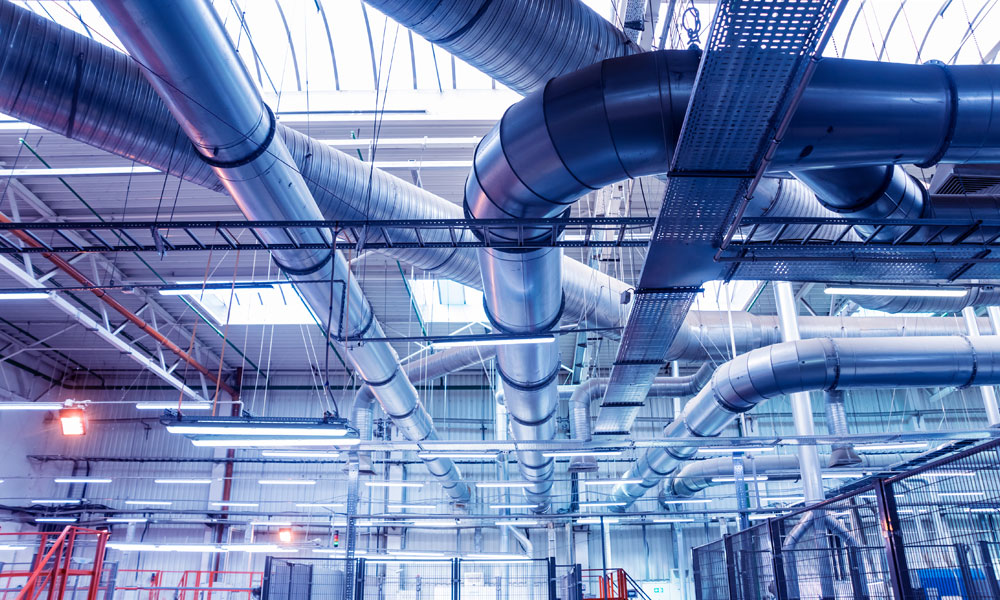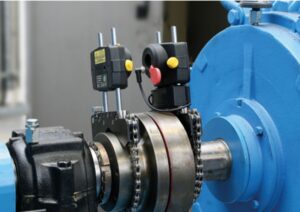
Choosing a quality commercial HVAC system is an important decision for any business owner. It’s a major investment that can significantly influence the overall comfort of your staff and customers, as well as the energy efficiency of your facility. With so many options available, it can be difficult to know where to start. To help you make the right choice and get the most value out of your purchase, here are some tips by the pros at Gustave A. Larson on how to choose a quality commercial HVAC system.
How Do I Choose the Best Commercial HVAC System?
Take a look at the 5 most important considerations when choosing an HVAC system for your business:
1. Evaluate Your Needs
Before you begin the selection process, it’s important to assess your current needs and future plans for your business. Factors such as the size of your business space, the number of occupants, and desired temperature should all be taken into consideration when selecting an HVAC system. By understanding your exact requirements, you can make sure that you select an HVAC system that will work best for you and your business now and in the future.
2. Understand Your Options
There are various types of commercial HVAC systems available on the market today, including rooftop units, split systems, VRF systems, and more. It’s important to understand what each type offers so that you can choose the one that best suits the requirements of your business. It’s important to consider factors such as energy efficiency ratings, compatibility with the existing ductwork or other infrastructure, and advanced features like zoning capabilities before making a decision. It’s also important that your unit adheres to the latest energy efficiency standards.
3. Choose Quality Equipment
Once you’ve identified which type of system is the right choice for your business, it’s time to select equipment from specific manufacturers or suppliers. Make sure to prioritize quality over price when it comes to selecting equipment, as this will ensure that you enjoy better performance over time with fewer problems down the line.
At the same time, you’ll get better value from warranty coverage in case something goes wrong with your unit(s). It’s a good idea to do some research on brands before committing. You can look at customer reviews online or ask other businesses in similar industries about their experiences with different products or services they’ve used in the past.
4. Seek Professional Assistance
Installing commercial HVAC is not only complex but also expensive if done incorrectly or inefficiently. Inexperienced technicians can make mistakes due to incorrect sizing or installation practices. To ensure that everything goes smoothly and according to plan during installation, enlist an experienced professional who specializes in commercial installations for advice and guidance throughout the entire process – from selection through installation – so that everything runs smoothly from start until finish without any complications along the way.
5. Consider Maintenance Requirements
After the installation is complete, don’t forget about maintenance. Regular maintenance is key to keeping your commercial HVAC system running efficiently and effectively over time. This way, you’ll also help reduce repair costs down the road because you’re taking preventative measures on a regular basis instead of waiting until there’s an issue. Before you sign any contracts, It’s important to check with potential service providers what services they offer. This is how you can ensure that they cover all aspects of regular maintenance required by each specific type of unit in your facility after the installation.
Final Note
All in all, it’s crucial to be well-informed when choosing an HVAC system for your commercial space. By evaluating your needs properly, making sure you understand your options, choosing high-quality equipment, working with experienced professionals and not forgetting about maintenance, you’ll ensure that your HVAC system is well-chosen, durable and of great value for your money.

